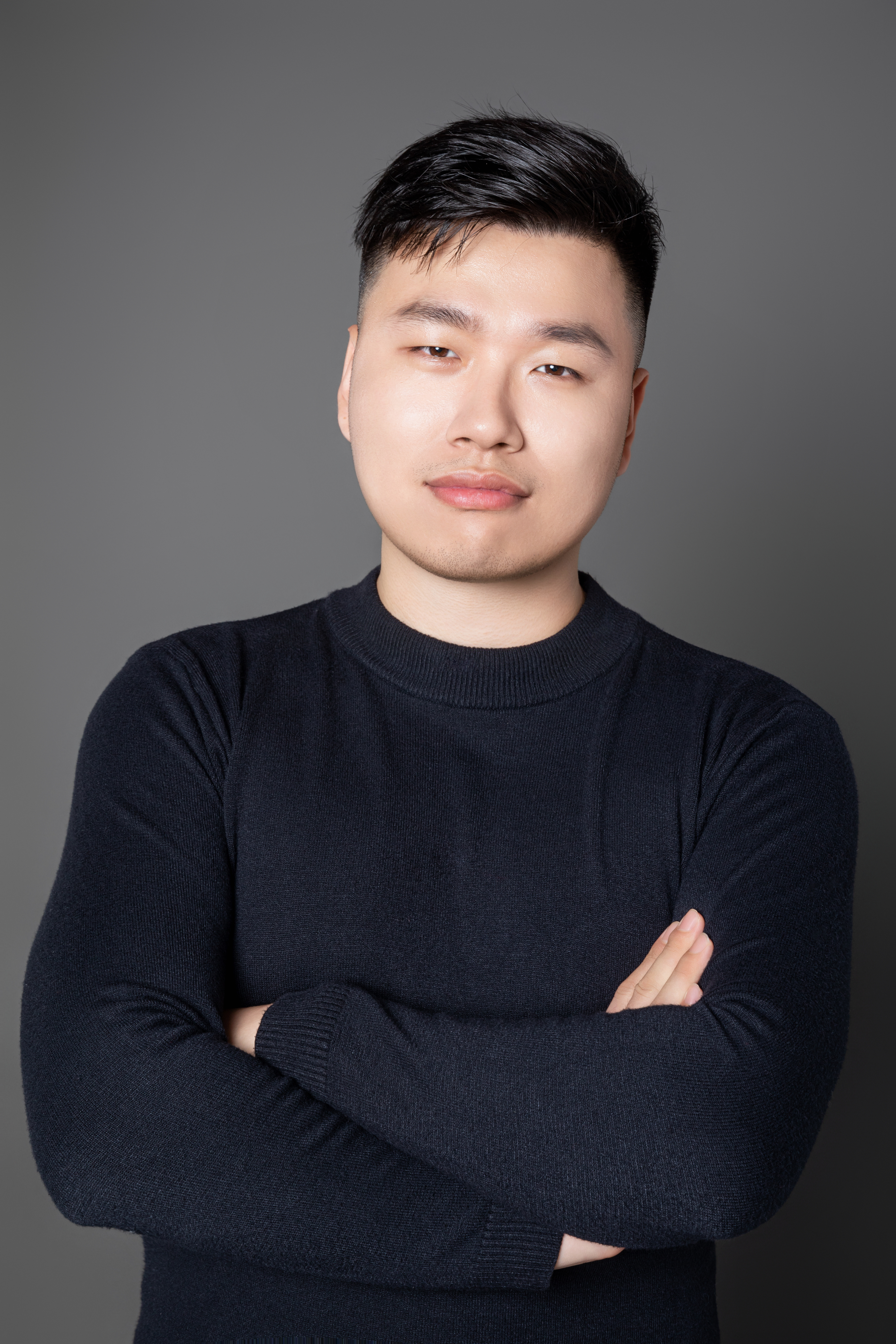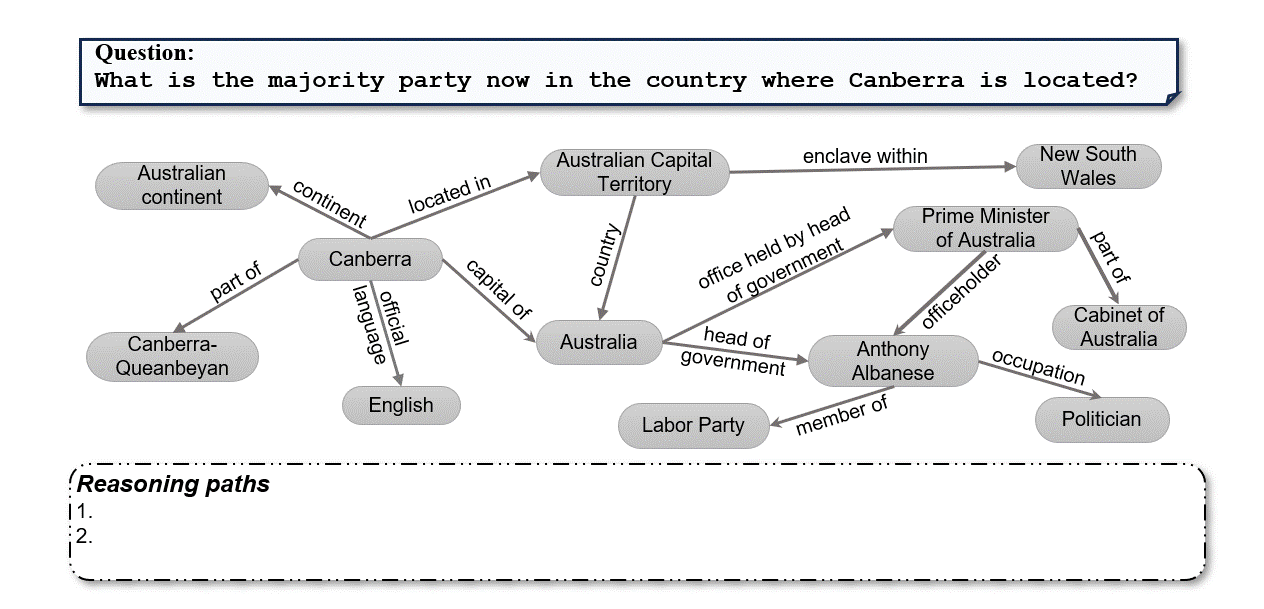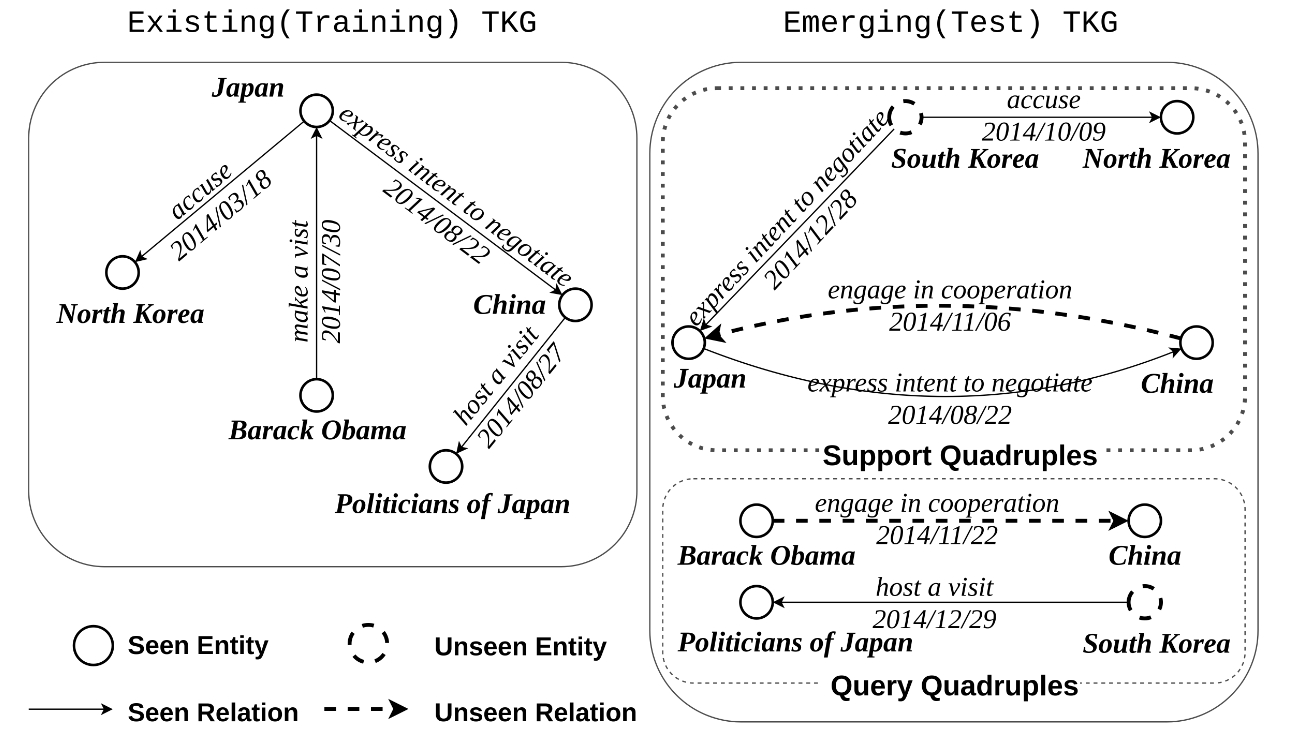
I earned my Ph.D. from the Institute of Computer Science at the University of Bonn under the supervision of Professor Jens Lehmann (AMiner Most Influential Scholar for Knowledge Engineering, Chief Scientist of Amazon AlexaAI, and Co-Founder of DBpedia, with over 31,000 citations and an H-index of 67). My primary research focus was on temporal KG representation learning and reasoning. Previously, I obtained my bachelor's and master's degree from Zhejiang University's School of Control Science and Engineering, specializing in time-series signal processing and pattern recognition.
I have published 20+ papers as the first or corresponding author in top international conferences and journals in natural language processing (NLP) and data mining (DM), such as ICLR, NeurIPS, WWW, SIGIR, EMNLP, and TKDE. Additionally, over 20 papers were published in leading conferences and journals like TPAMI and KDD. In total, I have published over 40 papers, with more than 2,000 citations (Google Scholar).
I officially joined the Institute of Digital Economy of the Greater Bay Area (IDEA) in February 2023 as an AI Financial Research Scientist. I have been approved as a Category B Talent under the Shenzhen "Pengcheng Peacock Plan." I am responsible for leading projects such as large-scale financial behavior knowledge graphs (KGs) and financial large language models (LLMs), focusing on quantitative investment, financial QA, sentiment analysis, and financial text analysis and generation based on KGs and LLMs.
My research interests involve large language model (LLM) and knowledge graph (KG), including but not limited to LLM reasoning, LLM agents, multi-modal LLM, knowledge-driven LLMs, KG representation learning, KG reasoning, and KG alignment.
I'm looking for self-motivated interns at IDEA (Shenzhen). If you are interested in the above topics, please send me your resume by email.

